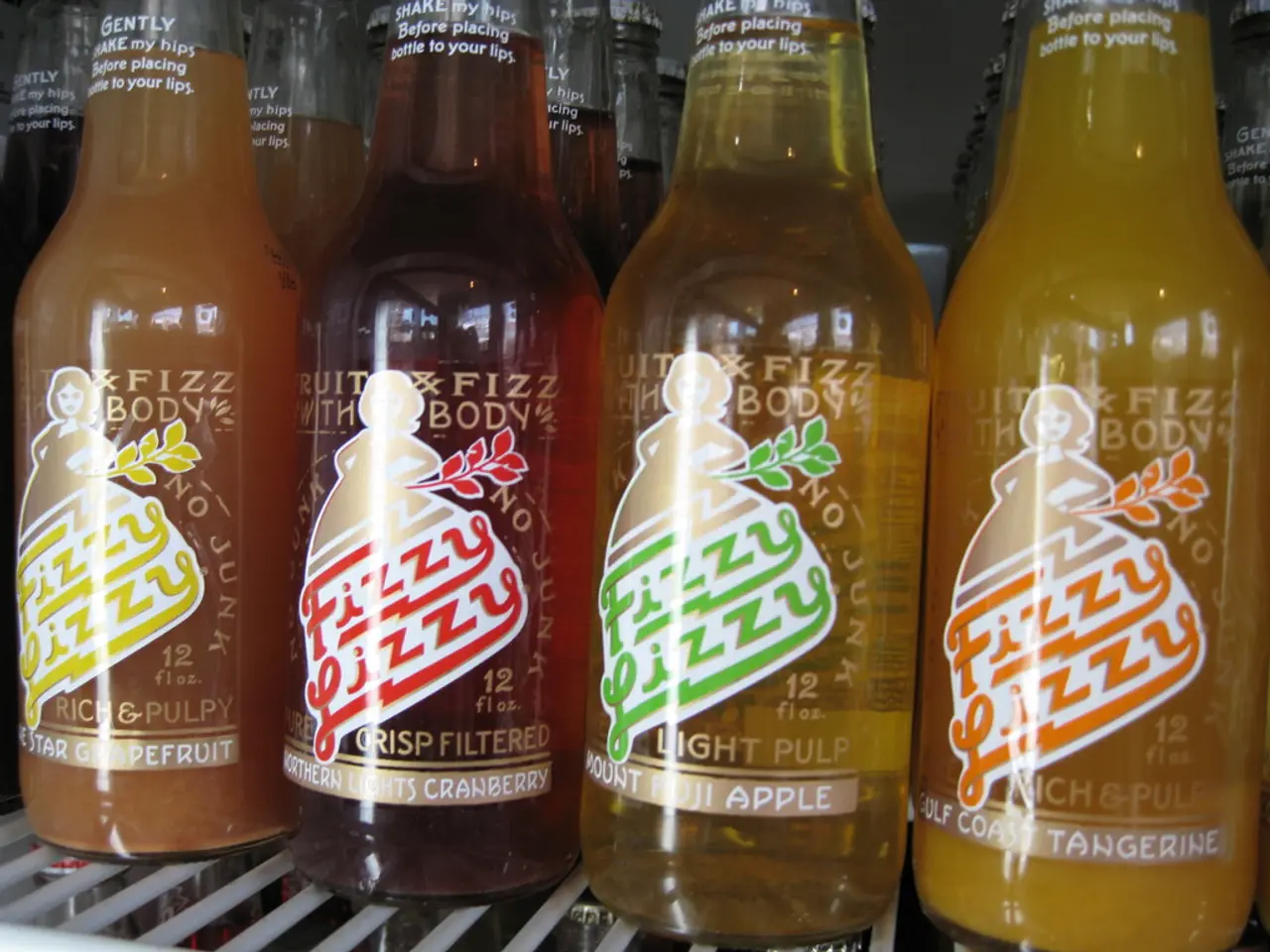Energy Drinks and Childhood Mental Health Concerns: An Exploration of Associations
Children's mental health and well-being can be negatively impacted by insufficient sleep, and recent scientific research suggests that energy drink consumption in children and adolescents is associated with a range of mental health issues.
The high caffeine content in energy drinks, often combined with sugar and other stimulants, is a primary concern. Clinical observations and reviews report that energy drinks commonly cause hyperactivity and heightened anxiety in children and teens, likely due to caffeine’s stimulant effects on the central nervous system.
Excessive caffeine intake impairs sleep patterns, leading to insomnia or poor sleep quality, which subsequently affects mood and cognitive functions such as concentration and learning. Increased caffeine intake can lead to irritability and restlessness, which may negatively affect social behavior and emotional regulation.
Especially in adolescents, caffeine can reduce self-control and increase impulsivity, potentially affecting decision-making and risk-taking behaviors. Frequent energy drink consumption correlates with additional risk behaviors like smoking, alcohol use, and school exclusions, which are intertwined with mental health outcomes.
Moreover, many adolescents are unaware of safe caffeine limits, leading to risks of caffeine overdose with severe health consequences, including impacts on brain function.
Medical and pediatric authorities such as the American Academy of Pediatrics strongly advise against the consumption of energy drinks by anyone under 18 due to these risks.
Parents can play a significant role in promoting healthier beverage choices for their children. Encouraging children to drink water, milk, and natural fruit juices can help reduce their reliance on energy drinks.
Regulatory bodies and the energy drink industry should consider stricter regulations and clearer labeling to protect children from potential harm. Educating children about the potential negative effects of excessive caffeine consumption on their mental and physical health is crucial. The energy drink industry should take responsibility by providing clearer warnings about the potential risks associated with their products.
In summary, the high caffeine and stimulant load of energy drinks can seriously disrupt mental well-being in children and adolescents, primarily through anxiety induction, sleep interference, and adverse mood and behavioral effects. These findings emphasize the importance of restricting energy drink access among young people and promoting healthier strategies for energy and cognitive support, like good nutrition and adequate sleep.
References:
- American Academy of Pediatrics. (2011). Caffeine intake in children and adolescents. Pediatrics, 127(6), 1182-1185.
- American Academy of Pediatrics. (2019). Energy drinks: What are the risks? HealthyChildren.org. https://www.healthychildren.org/English/healthy-living/nutrition/Pages/Energy-Drinks-What-Are-the-Risks.aspx
- Centers for Disease Control and Prevention. (2018). Sleep and sleep disorders. https://www.cdc.gov/sleep/index.html
- National Sleep Foundation. (2015). Caffeine and sleep: What's the connection? https://www.sleepfoundation.org/articles/caffeine-and-sleep-whats-connection
- National Institute on Drug Abuse. (2019). Energy Drink Use. https://www.drugabuse.gov/publications/drugfacts/energy-drinks
- The high caffeine content in energy drinks, known to disrupt sleep patterns due to its stimulant effects on the central nervous system, can potentially lead to mental health issues in children and adolescents.
- Insufficient sleep, often caused by excessive caffeine intake, can negatively impact children's cognitive functions like concentration and learning, contributing to problems with mental health and well-being.
- Regular consumption of energy drinks in children and adolescents can have adverse effects on mental health, including increased anxiety, impulsivity, and irritability, which may impact social behavior and emotional regulation.




